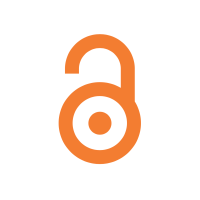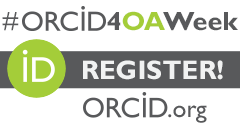 We continue our celebration of Open Access Week.
We continue our celebration of Open Access Week.
Libraries provide access. As such, the librarians who work in them should advocate for access that is as unencumbered as possible, including open access. While some publishers of traditional professional librarian journals are reluctant to open up access to their journals, several have done so. Thus, some librarians have taken it upon themselves to create new open access journals to assist the librarian community. We can expect to see more journals from both sources become open access in the future.
Here’s a selection of open access e-journals.
- College & Research Libraries – The official scholarly research journal of the Association of College & Research Libraries.
- Information Research – Peer-reviewed journal on research across a wide range of information-related disciplines.
- Journal of Librarianship and Scholarly Communication – Covers the “intersection of librarianship and publishing”.
- The Political Librarian – A new journal “at the intersection local libraries, public policy and tax policy”.
- Weave: Journal of Library User Experience – A peer-reviewed journal for library user experience (UX) professionals.


 Follow on Social Media
Follow on Social Media SPARC is partnering with Wikipedia to organize an
SPARC is partnering with Wikipedia to organize an  Paperity is a “multidisciplinary aggregator of Open Access Journals and Papers” containing more than 2,200 journals and 400,000 articles. It contains full-text articles from peer-reviewed scholarly sources. Visit Paperity at
Paperity is a “multidisciplinary aggregator of Open Access Journals and Papers” containing more than 2,200 journals and 400,000 articles. It contains full-text articles from peer-reviewed scholarly sources. Visit Paperity at  Do you have an ORCID iD?
Do you have an ORCID iD?



 Do you have an ORCID iD? If you do research and publish your work, you should consider getting an ORCID iD. ORCID stands for Open Researcher and Contributor ID.
Do you have an ORCID iD? If you do research and publish your work, you should consider getting an ORCID iD. ORCID stands for Open Researcher and Contributor ID. Your ORCID iD is a unique 16-digit number (ex. 0000-0002-6374-9591) which points to a public profile (ex.
Your ORCID iD is a unique 16-digit number (ex. 0000-0002-6374-9591) which points to a public profile (ex.